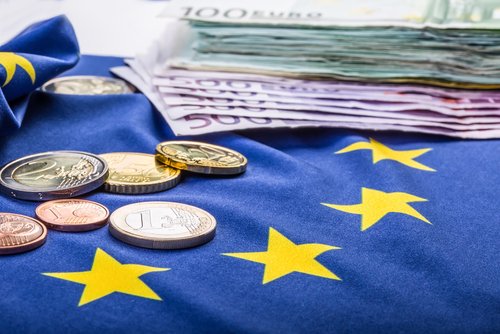Belgium, (Brussels Morning Newspaper) The European Commission has approved the expansion of Germany’s aid schemes to support companies in the crisis.
The EC pointed out in a statement released on Tuesday that the expansion includes a budget increase of up to 45 billion euro and prolongation of measures.
The Commission approved the move under the Temporary Crisis Framework adopted earlier this year, noting that EU economies are facing serious disturbances.
The EC approved the two German aid schemes in question in April and May, and their initial amendments in August. The first scheme includes providing companies with loans and guarantees to help them weather the crisis and the second one focuses on subsidised loans.
According to the recently approved amendments, Germany may extend the schemes until the end of next year and convert provided guarantees and loans into different forms of aid including grants.
In addition, Germany may increase the maximum amount of aid provided to each beneficiary, with total budget increase of up to 45 billion euro, as well as channel the aid through energy companies.
Under the first scheme, Germany may now provide loans and guarantees to cover bank guarantees. Under the second scheme, Germany may provide guarantees to large companies to help them maintain solvency.
The EC pointed out that solvency of some companies is jeopardised due to rising energy prices and stressed that amendments allow Germany to help the companies cope with growing collateral requirements for trade on energy markets.
In line with EU rules
The body pointed out that the newly amended schemes are appropriate, proportionate and necessary to help the German economy deal with disturbances.
“Furthermore, the public support will come subject to conditions to limit undue distortions of competition, in particular between suppliers, and safeguards to ensure that limited amounts of aid are passed on to the final beneficiary when channelled through an energy supplier,” the EC noted.
The body reminded that it adopted the Temporary Crisis Framework in March this year to help EU member states weather the economic crisis.
It amended the framework in July and again in October to better help bloc members to cope with rising prices of natural gas and secure sufficient quantities for the heating season.




